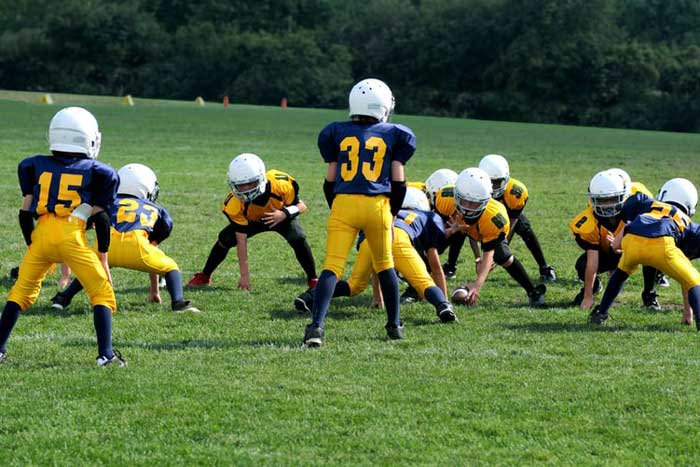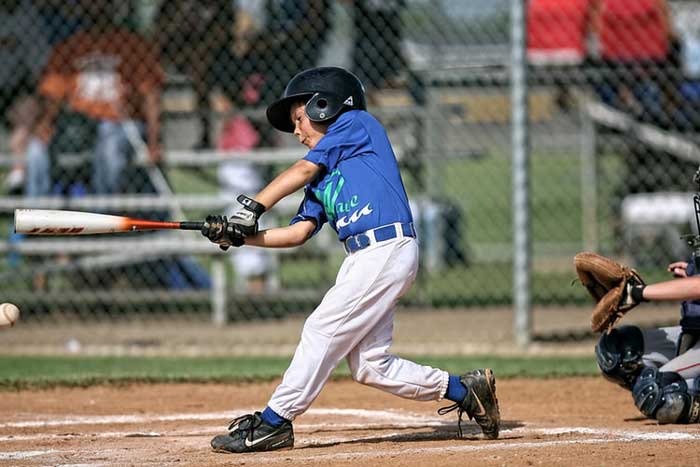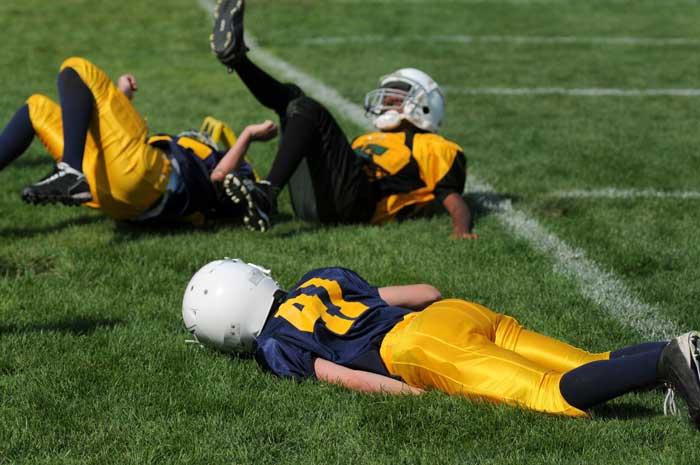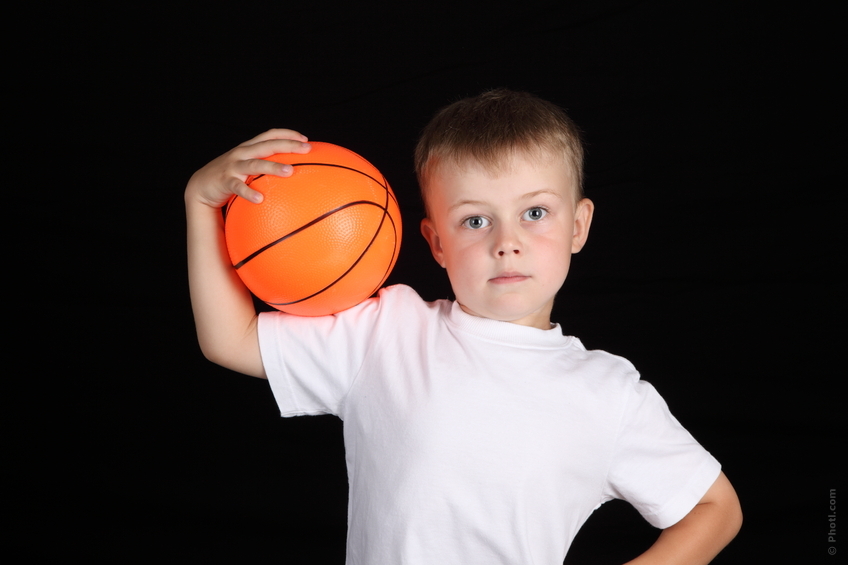How to Help Kids Deal with Competitive Sports Stress?
Sport games do a lot for infant development: children enjoy playing, stay physically active, and, in addition, gain experience that will be useful for all their lives – including:
- team functioning
- holding emotions in check
- practicing sportive behavior
- facing challenges
- being proud of achievements
Nevertheless, sports and the concomitant desire to win are stressful and require proper handling, too. Your sportive kid may need help to maintain a positive attitude by learning to cope with current pressures and disappointments.
Be mindful of stress building up
There is no competing without stress – which is intrinsically good, since a certain amount of stress strengthens the body against a challenge. Yet if stress should accumulate, sport stops being fun and can be too much of a pressure for a young one. Stressful factors include:
- having to live up to the expectations of coaches and parents who want kids to keep winning
- having a very busy schedule
- getting tired of so much sports
Once you have noticed (or the child keeps complaining of) stress mounting, here is what you can do:
Shift the attention from winning to developing physically and improving game skills; discuss the shift with the coach.
Check the family activities – is your child overburdened? Maybe he or she needs easing up, dropping some activity or making trainings less frequent and intense.
Should the child refuse to do sports at all, discuss the issue with the child and decide what to do about it.
How to handle sport stress
Since pressure is invariably on in sports, the child must be aware of it and the ways to assuage it.
Helping Kids Deal with Stress
There are different techniques that are worth trying with the view of determining the one that gives the best results.
Breathing technique. Breathe in deeply and, having let about five seconds elapse, breathe out slowly at least five times.
Relaxing technique. Contract some muscles as hard as you can, remain this way for five seconds, then relax them. Do it five times for every group of muscles.
A pleasant place technique. Imagine staying at a peaceful and beautiful place where your stress exits the body and dissolves in the surroundings.
Visualizing technique. Relax and visualize how you score a goal or otherwise perform spectacularly.
Focusing technique. If you are worrying too much about the past or the future, chase them out of your mind and concentrate on the present.
Routine-minding technique. Stress abates if you concentrate on doing routine tasks.
Positive thoughts technique. Keep saying to yourself that you can perform well, you overcome your mistakes and you control your body and mind perfectly. Don’t allow any negative thoughts to enter your mind.
How to Keep Stress Levels Down?
When not doing sports, children should still be mindful of stress and the ways to cope with it.
Make sure you eat and sleep properly, before important games in particular.
Create a pleasant distraction – forget sports and watch a movie, take a ride, play with friends, take your pet out for a walk.
Bear in mind that nobody and nothing is perfect. There is no game without blundering. Learn to overlook mistakes in yourself and others and go on playing.
Don’t Forget the Fun
Winning is important, but not the most important aspect of sports. It is more essential to be physically active, develop skills, feel the team spirit and pride for your club. All that should bring a lot of fun. If the child never loses this awareness, their attitude will remain positive and stress won’t ever present a serious threat.
What Is Good Sportsmanship?
First of all good sportsmanship means respecting your teammates, the members of the opposing team, and the spectators – and this relates to everybody around, parents, spectators, official representatives.
Some good sportsmanship habits need acquiring and developing, so young athletes must be taught to:
- maintain a healthy attitude
- try their best when playing
- make a point of shaking hands with the members of the opposing team prior to the game and after it
- make a point of encouraging their teammates for their successful shots and avoid criticizing them
- never remonstrate to officials
- treat the members of the opposing team respectfully without digging at them
- observe the rules
- if a player fell on the ground, help them up
- you can naturally be proud of a victory but stop short of boasting
- if your team loses, no need to look for excuses or complain
What can parents do to help understanding sportsmanship?
If children are to embrace good sportsmanship, they rely on adults to teach them, first of all on coaches and parents. When your kid gets keen on sports seriously, he or she must have a good role model around. All sport coaches must be encouraging and always display sportsmanlike behavior.
How can good sportsmanship be displayed:
- your comments of the game should be heartening and positive
- never speak deridingly about players, coaches, and other people related to the game. If there is an issue, discuss it with your coach, referee, or an official
- when a competition is over, it is bad taste to harp on winning or losing; the best conversational topics would be who played well and who could have fared better. If your young athlete feels he or she hasn’t been at their best, suggest you discuss it together or with the coach.
- cheer when the game is going fine, even i fit is not your team that is leading
always congratulate the team that won – even if it is not your team - when you see professionals show examples of sportive behavior, point these instances out to the children; speak of the instances of poor sportsmanship and how sorry they look
Being a coach of your kid/their team, make sure you are stimulating, positive and invariably fair; encourage your players to develop the same attitude.
Those adults who promote good sportsmanship do a lot towards children learning to gain control over themselves and remain respectful to others disregarding the result of the game. Once they have developed these qualities, they will enable kids to grow into responsible and sensible adults.





